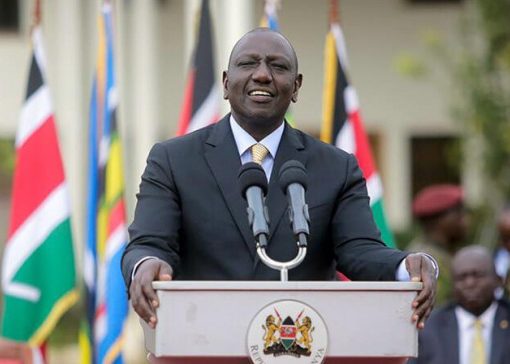Murang’a County will give farmers Sh5 per litre of milk as an incentive meant to increase the county’s production of milk from the current 600,000 litres per day to 1 million litres in the new electronic voucher based subsidy policy.
The county director of livestock production, Peter Nyamora, speaking at a public participation forum on County Integrated Development Projects, stated that the dairy farmers will be required to sell their milk through a cooperative in order to benefit from this policy.
“The registered cooperatives must be professionally managed and will be subjected to regular audits by the county in order to avoid cases of fraud,” he said.
The director said that the county statistics put the cost of production per litre of milk at between Sh27 and Sh32 while the farmers sell the milk at between Sh33- 42.
“The subsidy policy will ensure that every farmer gets a minimum of five shillings in profits per liter of milk,” Nyamora said.
The money is meant to go into purchasing farm inputs and reduce the strain on the farmers as the current prices of various inputs have been eating into most of their profits.
The county initiative, meant to motivate farmers by making dairy farming more lucrative and protect them from incurring any losses is part of Murang’a governor Irungu Kang’ata’s campaign promises.
The county will start by conducting a baseline survey or registration, where all the eligible farmers will be factored into the database.
All farmers selling milk through cooperatives will be eligible for this subsidy programme
The initiative, which also targets to give a similar amount for every kilogram of mangoes, will be separated into different funds for milk and another for mangoes.
The new policy targets milk and mangoes in a bid to equalise the much wetter dairy farming zones, with the dryer regions of the county.
Quality control officers from the county will be required to assess the quality of the produce so that farmers do not take advantage of the programme and deliver substandard products.
Meanwhile, the department of health also presented to the public a policy known as the Social Health Security Fund which aims to register vulnerable families in the county into the National Health Insurance Fund (NHIF) so as to improve access to healthcare.
According to the county department of health, there are 93,161 households paying for their NHIF contribution and another 20000 households under the National Government’s Universal Health Coverage.
This accounts for 29 percent of the 385000 households in the county and the proposed Social Health Security Fund will increase coverage.
The health fund will also offer cash stipends to pregnant women and new mothers in a bid to improve maternal and child health by encouraging mothers to visit health facilities for prenatal care.
By Purity Mugo




